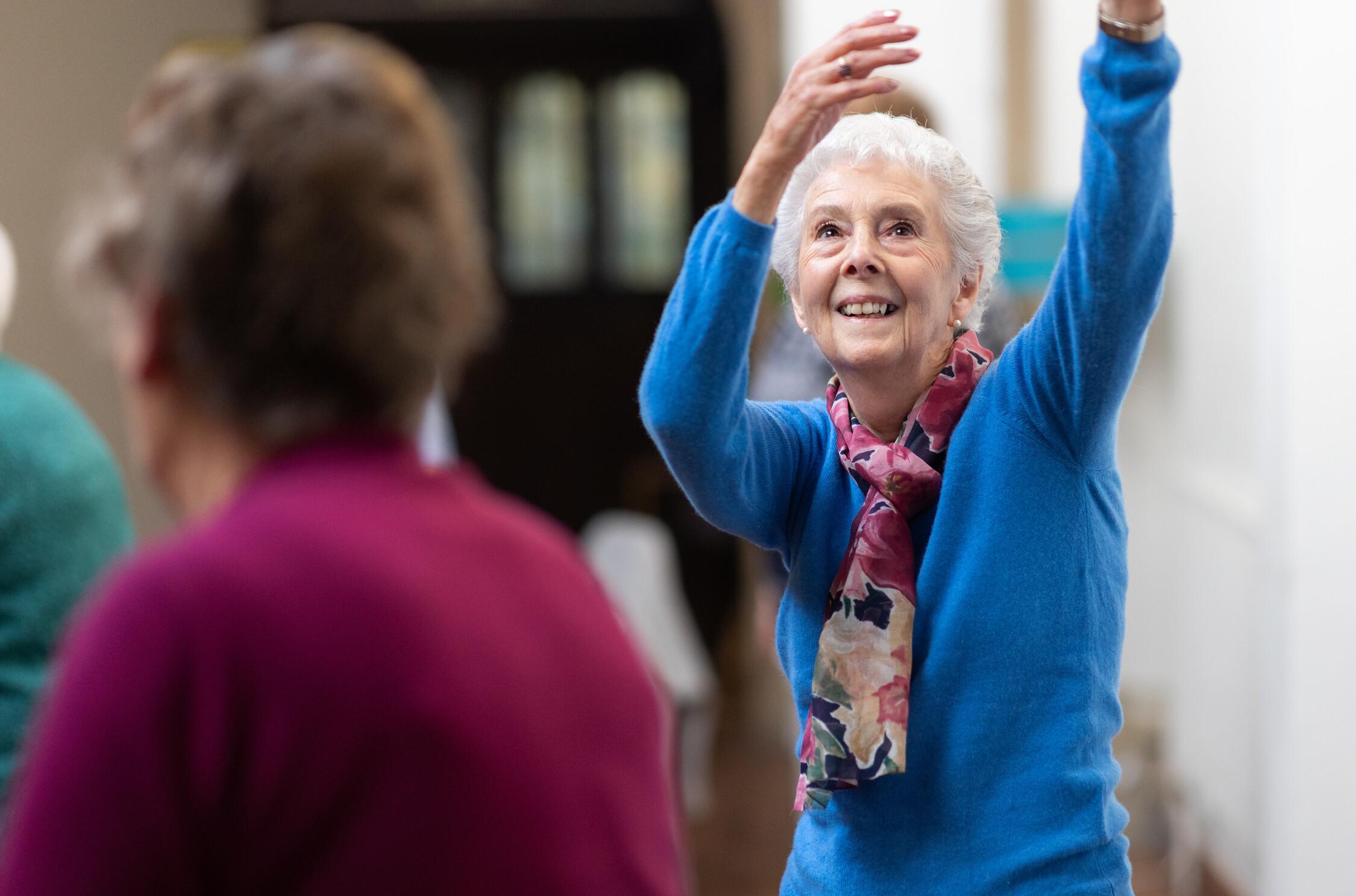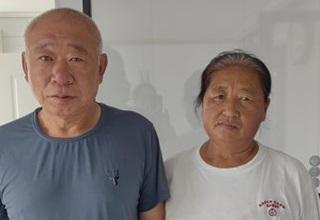Six reasons to get a GP assessment
Some people try to ignore changes that might be signs of dementia, but it is worthwhile getting a GP assessment.

Before you ask your GP for an assessment, download the Face Dementia checklist for dementia symptoms and changes to help you to identify changes that may be signs of dementia. You can use this checklist to help you to have a conversation with your GP, nurse or health professional as well as your family.
If you’ve noticed changes that might be signs or symptoms of dementia, ask a GP as soon as possible for an assessment. Some of the benefits of getting a GP assessment include:
Find out if there is no cause for concern
After conducting memory and thinking and other health checks, your doctor might tell you that the symptoms are not dementia.
Find out if the changes are due to dementia or another cause
Dementia-like symptoms can be caused by depression and stress, sleep apnea, infection, vitamin deficiencies, thyroid or hormonal disorders, a brain tumour or other medical conditions.
The cause of the changes may be treatable and reversible
When causes of changes are treated, this may reduce or completely stop the symptoms.
If the changes are dementia, get treatment to slow progression, and support to continue living life
Medications, rehabilitation, subsidised healthcare and services help people living with dementia and families to continue living their lives.
Health professional monitoring changes
If your doctor is unsure of the causes of the changes or whether it is dementia, they will usually ask you to come back for a second assessment in 6 or 12 months. The doctor will monitor if the symptoms are getting worse over time which might suggest that there is a problem, or whether the symptoms are stable.
Find out ways to improve your brain health and reduce your risk of dementia.
Your doctor can give advice on ways to improve your brain health and reduce your risk of dementia.


